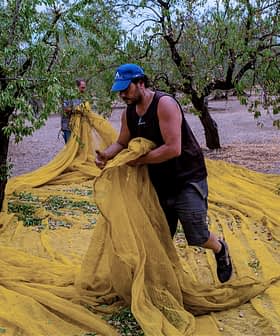The European Food Safety Authority (EFSA) has added 37 new plant species to its list of Xylella fastidiosa hosts.
EFSA said most of the plants had been naturally infected and were discovered in both European Union and non‑E.U. countries, including France, Italy, Portugal, Spain, the United States and Iran.
Commercial, wild and ornamental plants were all found to be Xylella hosts and included fleabane, helichrysum stoechas, pistachio and persimmon.
The newly identified plants have been added to EFSA’s database of Xylella host species and brought the list of known hosts up to 595. Of the known species, 343 have been identified by a minimum of two detection methods, either under natural or experimental conditions.
The update followed an intensive search of up-to-date scientific literature and notifications to the E.U.’s plant health interception service, in addition to results from EFSA’s own investigative activity.
EFSA also said that some of the existing data on strains of Xylella fastidiosa, along with their geographical coordinates, had been updated or modified.
EFSA’s database offers vital evidence to scientists and aids risk assessors in conducting surveillance as well as other phytosanitary measures, such as the inspection of plants for planting.
Last month, EFSA launched a new website to coincide with international year of plant health. The website highlights the work undertaken by the organization and its partners to combat plant pests and preserve Europe’s plants.






